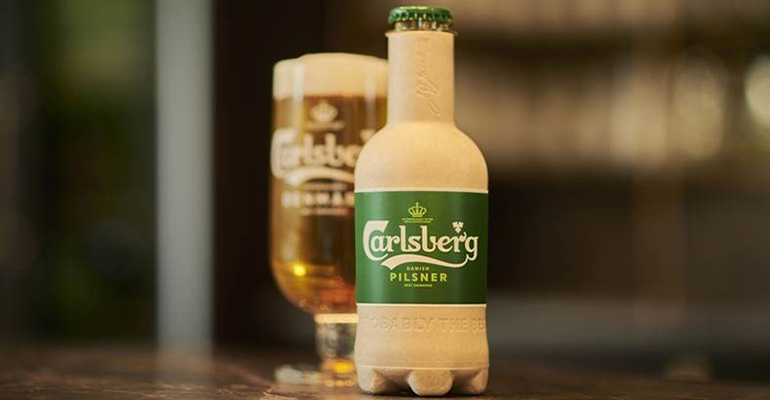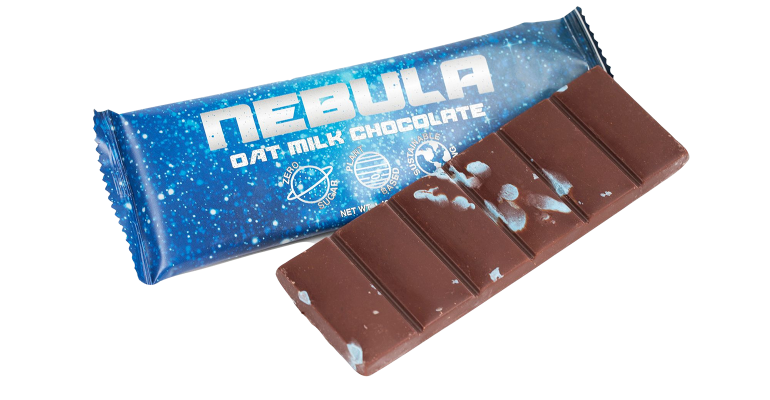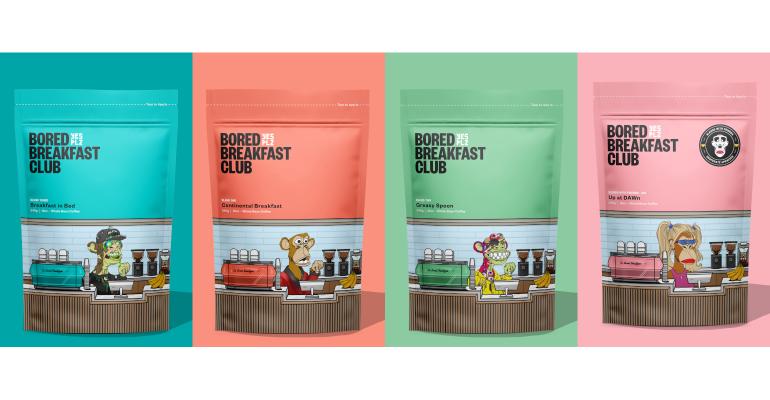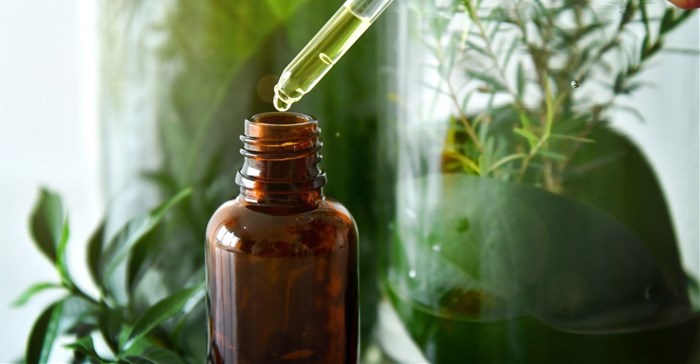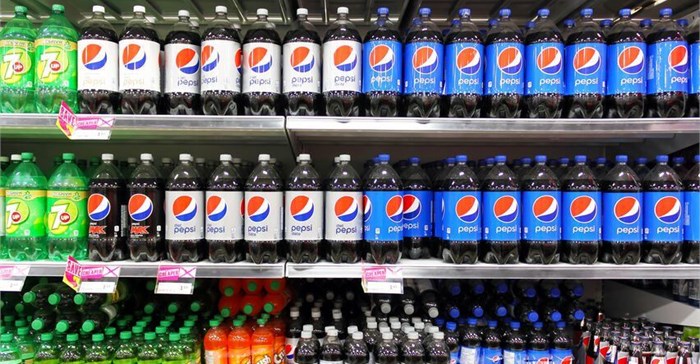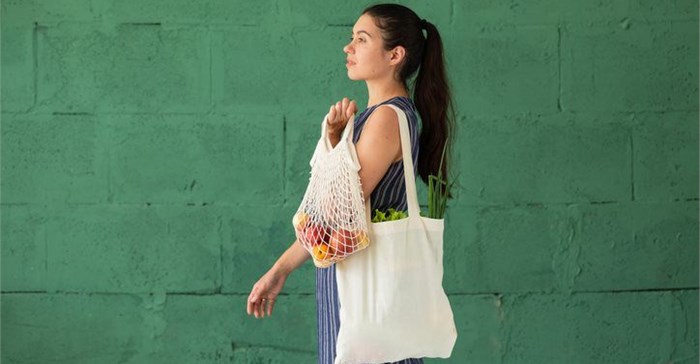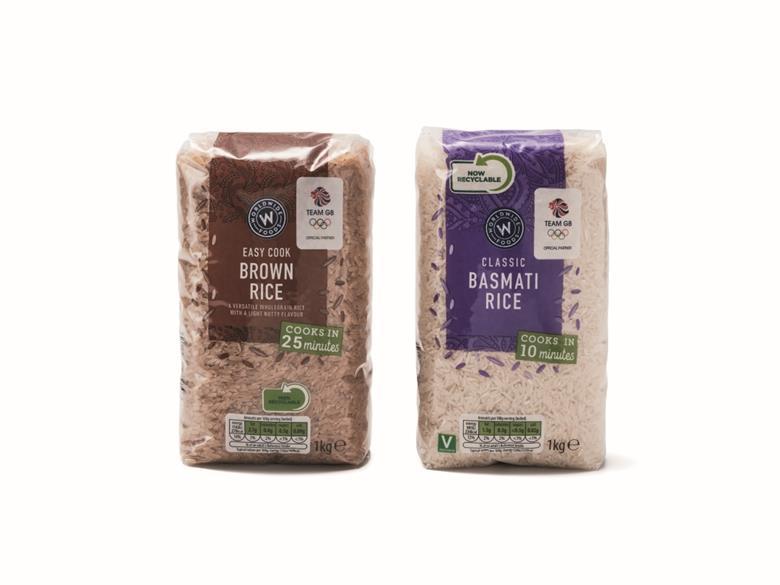A formalized agreement commits the beer company to use PEF made from Avantium’s FDCA Flagship Plant starting in 2024.
Carlsberg Group expects that the future of the paper bottle for its iconic beer is through a barrier made of polyethylene furanoate, better known as PEF.
The company along with the renewable chemistry specialists of Avantium have agreed to take the next step in the commercialization of polyethylene furanoate (PEF) for their mutual benefit. The Group signed a conditional offtake agreement with Avantium to secure a fixed volume of the 100% plant-based, recyclable, and high-performance polymer PEF from Avantium’s FDCA Flagship Plant, which Avantium aims to start-up in 2024.https://532e0b43f2e019df1c0ab6c4f99f3e81.safeframe.googlesyndication.com/safeframe/1-0-38/html/container.html
FDCA is furandicarboxylic acid, a monomer, that’s a building block for manufacturing PEF.
Carlsberg will use the PEF resin for various packaging applications, including its “Fibre Bottle” aka paper bottle, a bio-based and fully recyclable beer bottle.
Carlsberg launched a trial of its latest Fibre Bottle, which contains an inner layer of PEF produced in Avantium’s current Pilot Plant. Carlsberg will sample the Fibre Bottle to 8,000 consumers and other selected stakeholders in eight pilot markets in Western Europe.
Avantium and Carlsberg have been partners since 2019 as the companies worked together with Paboco (Paper Bottle Company) and the Paper Bottle Community. Paboco, Avantium and Carlsberg developed the Fibre Bottle, a barrier solution, and a pioneering packaging solution for Carlsberg beer.
Image courtesy of Carlsberg Group |
PEF’s superior performance qualities.
Today, the packaging consists of a wood fiber outer shell and a plant-based, recyclable PEF polymer liner. Beyond the sustainable packaging benefits, Avantium’s PEF has superior barrier properties, protecting the taste and fizziness of the beer and leading to a longer shelf life.
PEF also has higher mechanical strength than conventional plastics, enabling thinner packaging and thereby reducing the amount of material required.
In 2021, Avantium and Carlsberg signed a Joint Development Agreement to develop several PEF packaging applications, including the Fibre Bottle. With the test results of PEF in the Fibre Bottle proving successful, Carlsberg has decided to sign a conditional offtake agreement with Avantium to purchase PEF resin coming from its Flagship Plant, currently under construction in The Netherlands, for its Fibre Bottle and for the development of other beer packaging applications.
In its largest trial of the Fibre Bottle to date, today Carlsberg has revealed the latest generation design featuring the PEF lining and will sample 8,000 bottles across eight Western European markets throughout the summer. The bottles will be introduced to local consumers, customers and other stakeholders at selected festivals and flagship events, as well as targeted product sampling. Making the product accessible and gathering consumer feedback at this scale will be key to informing the next generation of design and accelerating Carlsberg’s ambition to make the Fibre Bottle a commercial reality.
Brand sees good test results.
“We are delighted to be bringing our new Fibre Bottle into the hands of consumers, allowing them to experience it for themselves,” says Stephane Munch, VP group development at Carlsberg. “However, this pilot will serve a greater purpose in testing the production, performance, and recycling of this product at scale. Identifying and producing PEF, as a competent functional barrier for beer, has been one of our greatest challenges — so getting good test results, collaborating with suppliers, and seeing the bottles being filled on the line is a great achievement!”
Tom van Aken, CEO of Avantium, says “We are pleased to expand our partnership with Carlsberg. It is a truly exciting milestone — for the very first time — consumers can experience a PEF-lined beer bottle. With business partners such as Carlsberg Group, Avantium can further scale and build the PEF value chain, meeting the growing global demand for circular and renewable material solutions. This is what the material transition is about: ensuring that consumers can get access to novel and sustainable products at scale.”
Source:
https://www.packagingdigest.com/sustainability/carlsberg-likes-pef-barrier-paper-bottle

